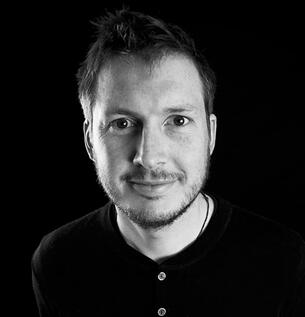 Benjamin Richards is defending his thesis for the degree philosophiae doctor (PhD) at the University of South-Eastern Norway.
Benjamin Richards is defending his thesis for the degree philosophiae doctor (PhD) at the University of South-Eastern Norway.
He has completed the PhD programme in Culture Studies. The doctoral work has been carried out at the Faculty of Humanities, Sports and Educational Science.
Both the trial lecture and the PhD defence are open to the public
Summary
This thesis explores the themes of heritage, sustainability and becoming through research within the Rjukan-Notodden World Heritage Site from a more-than-human perspective. It begins by asking how industry becomes heritage, which, when considered against such a large and complex site and critical heritage studies literature, raises further questions of what heritage really is and how things come into being. This opens for an ontological enquiry into heritage as a phenomenon and the inclusion of the more-than-human processes and perspectives sustainability research demands.
The concept intra-play is introduced as an onto-methodology. Both for thinking about and imagining what is encountered, and as a way of moving and engaging with the processes underway as part of an experiential landscape. Intra-play is understood as an aesthetic/sensory way of encountering and knowing the world haptically, encouraging more open, attentive, and performative methods for exploring and understanding phenomena. Here, video, photography, sound, and affective writing are used to evoke and develop a sense of the more-than-representational qualities, through both a film and a written journey. What is discovered, are qualities and features that speak to processes of remembering and becoming that stretch across vastly different temporalities but remain connected experientially through the landscape.
The result is an understanding of heritage as the processes of more-than-human remembering that humans do not control. Where what we encounter is not clearly definable outside of this larger whole, and the dichotomies often associated with heritage – between nature and culture, official and unofficial, material and immaterial – are instead seen to flow through and co-form one another.
This provokes questions regarding how we are directed and moved, why we research such things, who or what such research is for, and how it is to be valued and used without re-centring the human.